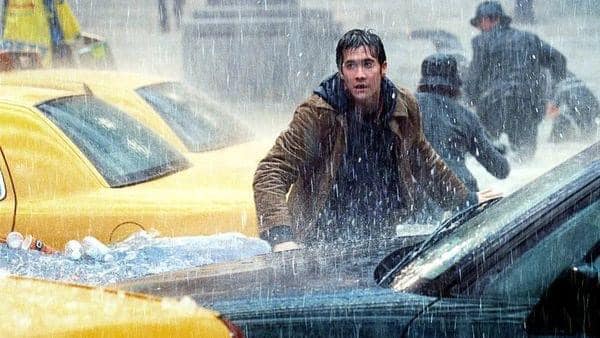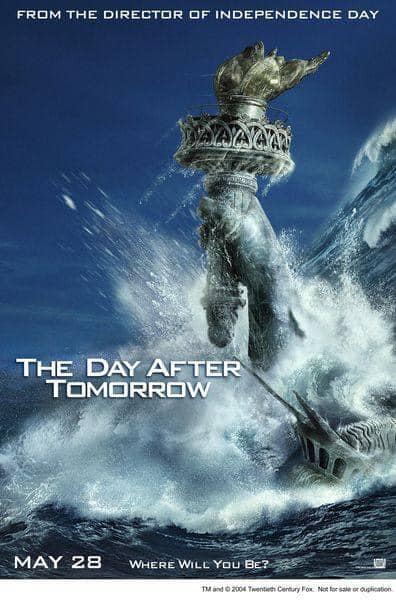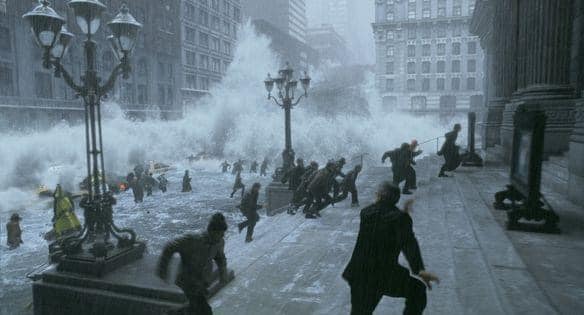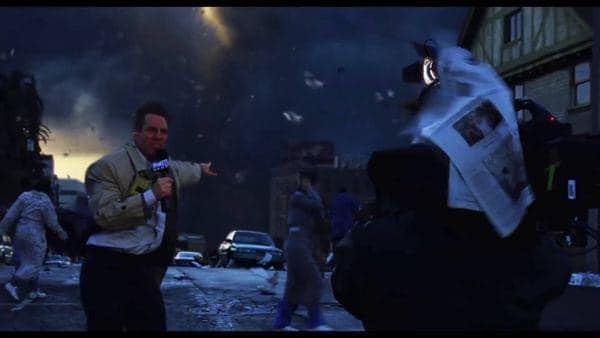“The Day After Tomorrow”

“The Day After Tomorrow”
“The Day After Tomorrow” is a 2004 American science fiction disaster film directed by Roland Emmerich. The film stars Dennis Quaid, Jake Gyllenhaal, Ian Holm, Emmy Rossum and Sela Ward. The story explores the catastrophic effects of climate change and the dramatic struggle for survival in the face of a sudden global cooling event.

The plot revolves around Jack Hall (Dennis Quaid), a paleontologist who discovers that the polar ice caps are melting at an alarming rate due to global warming. His research predicts that this could trigger a series of extreme weather events leading to a new ice age. Despite his warnings, the government and the public did not act immediately.

As Jack’s predictions begin to unfold, massive superstorms develop around the world. These storms cause widespread destruction, rapidly dropping temperatures and creating hurricane-like blizzards. One of the most devastating storms hits New York City, where Jack’s teenage son, Sam Hall (Jake Gyllenhaal), is participating in a decathlon with friends Laura (Emmy Rossum) and Brian (Arjay Smith).

Trapped in the New York Public Library, Sam and his friends must find a way to survive in the extreme cold and wait for rescue. Meanwhile, Jack begins a dangerous journey from Washington, D.C. to New York City to save his son. Along the way, he faces countless challenges and risks his life to reach Sam.

The film depicts the devastating effects of climate change through a series of violent and visually stunning natural disasters, including tsunamis, tornadoes, and rapidly rising glaciers. The survival story of Sam and his friends as well as Jack’s determination to save his son added emotional depth to the film.

“The Day After Tomorrow” is known for its impressive special effects and thrilling action sequences. It raises awareness of the potential consequences of climate change, combining scientific concepts with a dramatic, action-packed story. The film received mixed reviews from critics but was a commercial success, grossing more than $552 million worldwide. It remains a popular disaster film that highlights the urgent need for environmental responsibility and action.











